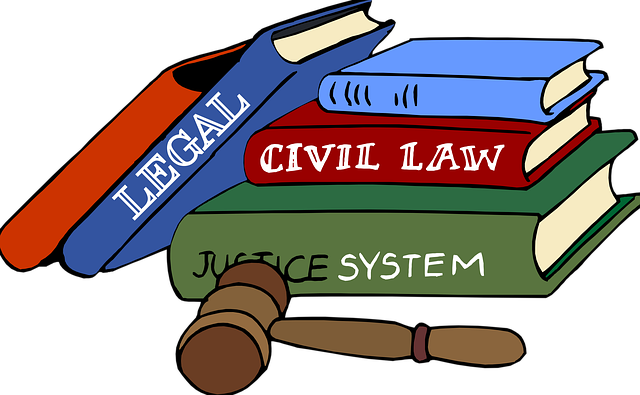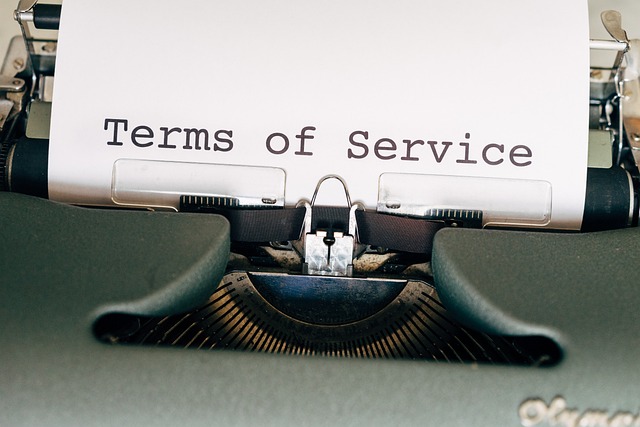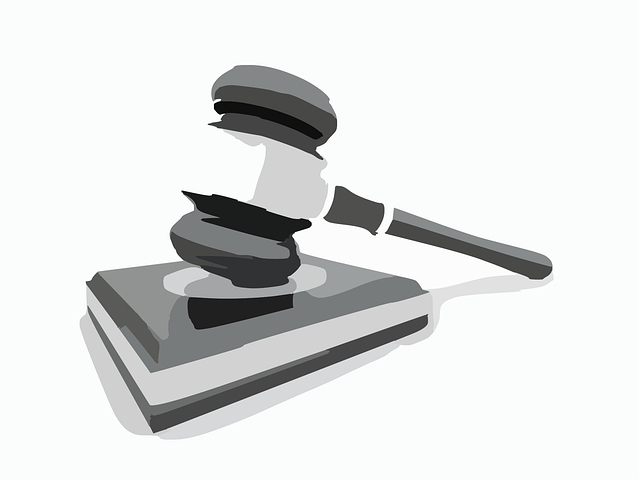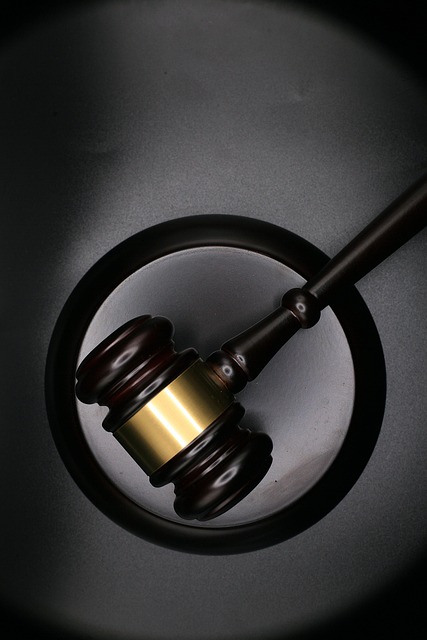Criminal law cases and intellectual property (IP) lawsuits share a complex navigation process, both requiring careful evidence gathering, strategic venue choices, and legal expertise. Steps to file an IP lawsuit begin with identifying infringement, collecting evidence, understanding rights, and serving legal papers. Mediation or settlement may precede court, where a judge or jury determines the outcome based on presented evidence.
In the intricate realm of criminal law, understanding cases involving intellectual property (IP) infringement is paramount for both legal professionals and individuals safeguarding their creative works. This comprehensive guide navigates the essential aspects of IP litigation, offering a clear roadmap for those considering a Steps to File an Effective Intellectual Property Lawsuit. From recognizing potential infractions to gathering evidence and selecting the optimal legal strategy, each step is meticulously outlined to ensure a robust legal approach.
- Understanding Criminal Law Cases: An Overview
- Identifying Potential Intellectual Property Infringement
- Gathering Evidence and Documentation
- Choosing the Right Legal Venue and Strategy
- Steps to File an Effective Intellectual Property Lawsuit
Understanding Criminal Law Cases: An Overview

Criminal law cases involve the prosecution and defense of individuals accused of committing crimes. Understanding these cases requires grasping the intricate steps that lead to an indictment or acquittal. The process begins with a crime report, followed by an investigation conducted by law enforcement agencies. During this phase, evidence is gathered and evaluated to determine if there’s sufficient cause for charges.
Avoiding indictment is a key objective for the defense, aiming to navigate all stages of the investigative and enforcement process successfully. If the evidence warrants it, an indictment may be issued, leading to a trial where both sides present their cases. Ultimately, the jury or judge decides on the verdict, which can result in a complete dismissal of all charges if the prosecution fails to prove guilt beyond a reasonable doubt.
Identifying Potential Intellectual Property Infringement

Identifying potential intellectual property infringement is a critical first step when considering a Steps to File Intellectual Property Lawsuit. This process involves a thorough review and analysis of the alleged infringer’s activities in relation to your protected work. It’s crucial to gather comprehensive evidence, including examples of the infringing material and documentation that demonstrates the similarity between your original content and the suspected copycat. For his clients involved in high-stakes cases across the country, enlisting the help of experienced legal professionals is often essential to navigate this intricate process effectively.
Once potential infringement is established, understanding the specific laws and regulations pertaining to intellectual property rights becomes paramount. This knowledge enables you to formulate a strong case strategy. By carefully constructing your arguments and presenting compelling evidence, you can significantly increase your chances of success in any legal proceedings.
Gathering Evidence and Documentation

Gathering evidence and documentation is a critical step in any criminal law case, especially when considering the steps to file an intellectual property lawsuit. This process involves meticulously collecting and organizing all relevant information that supports or refutes the claims made by both parties. It’s essential to ensure the integrity of this evidence, as it forms the backbone of legal arguments.
Lawyers must carefully document every interaction, transaction, and communication related to the alleged infringement. This includes obtaining and reviewing documents like contracts, licenses, patents, trademarks, or copyrights, which serve as critical pieces of evidence. By following these steps, legal professionals can build a strong case, aiming for the complete dismissal of all charges or achieving extraordinary results that benefit their clients, especially within the dynamic landscape of philanthropic and political communities.
Choosing the Right Legal Venue and Strategy

Choosing the right legal venue is a strategic move that can significantly impact the outcome of a criminal law case, especially when intellectual property (IP) rights are involved. The first step in navigating this process is to understand the steps to file an intellectual property lawsuit, which includes identifying the appropriate court system. This decision should consider both federal and state jurisdictions, as IP cases can fall under either or both, depending on the nature of the offense and the value of the assets at stake.
A well-thought-out strategy involves assessing the geographical location of the defendant, the type and extent of IP infringement, and the potential impact on the philanthropic and political communities. For instance, if a company’s trade secrets have been misappropriated by a local business competitor, filing in a state court near the incident might be preferable. Conversely, when dealing with international IP disputes, federal courts with expertise in intellectual property law across the country may offer a more suitable venue to ensure jurisdiction and accessibility for all parties involved.
Steps to File an Effective Intellectual Property Lawsuit

Filing an Intellectual Property (IP) lawsuit involves a strategic process to protect your creative works and ensure justice. The initial steps require a thorough understanding of your rights and the potential infringers. It’s crucial to identify the specific IP at issue, whether it’s a patent, trademark, or copyright, and gather substantial evidence of infringement. This may include comparing your original work with the suspected copycat and documenting any similarities.
Once prepared, you’ll need to serve legal papers on the accused, typically through a process server or an attorney, depending on local laws. This service ensures proper notification of the lawsuit. In many cases, mediation or settlement negotiations might occur before a formal trial, aiming for a mutually agreeable resolution. If these attempts fail, the matter progresses to court, where a judge or jury will decide based on the presented evidence, potentially achieving extraordinary results in favor of a robust general criminal defense or white-collar defense strategy.
Criminal law cases involving intellectual property (IP) infringement require a strategic approach, from understanding the legal framework to gathering compelling evidence. By identifying potential IP violations, such as copyright, trademark, or patent infringements, individuals and businesses can protect their creative works and innovations. The article has outlined crucial steps to file an effective IP lawsuit, emphasizing the importance of choosing the right venue, gathering evidence, and employing a strategic legal strategy. These guidelines are essential for navigating complex criminal law cases and ensuring justice is served in the protection of intellectual property rights.






